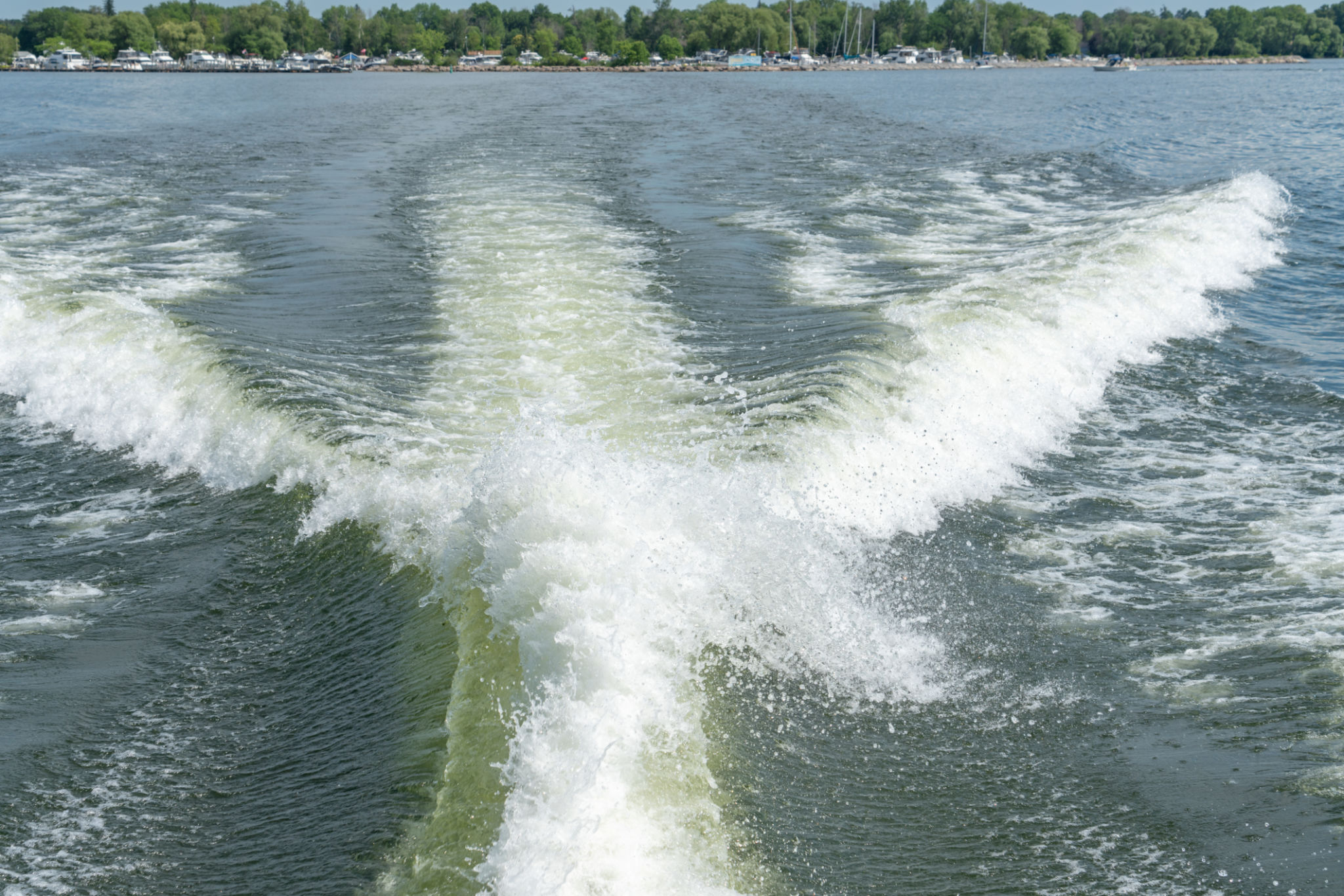How Computational Fluid Dynamics Enhances Boat Efficiency
Understanding Computational Fluid Dynamics (CFD)
Computational Fluid Dynamics, or CFD, is a crucial tool in modern engineering, particularly in the design and optimization of boats. By using numerical analysis and data structures, CFD allows engineers to simulate the behavior of fluids, such as water and air, around boat hulls. This simulation helps in understanding how different designs will perform in real-world conditions without the need for physical prototyping, which can be both time-consuming and costly.
One of the main advantages of CFD is its ability to provide detailed insights into fluid flow patterns. Engineers can visualize how water moves around the hull, identify areas of high resistance, and make informed decisions on design modifications to improve efficiency.

The Role of Hydrodynamics in Boat Efficiency
The study of hydrodynamics is critical in the maritime industry, as it directly impacts a boat's performance and fuel consumption. By analyzing how water flows around the hull, CFD helps in minimizing drag, which is a major factor that affects speed and fuel efficiency. A well-designed hull can significantly reduce the energy required to propel a boat forward.
Through CFD simulations, engineers can test various hull shapes and configurations to determine the optimal design. This process ensures that boats can travel faster while using less fuel, ultimately reducing operational costs and environmental impact.
Design Optimization Through Simulation
CFD enables engineers to explore a wide range of design possibilities by simulating different scenarios and conditions. This flexibility allows for the optimization of not only the hull shape but also other elements such as propellers and rudders. The ability to predict how these components will interact with water under various conditions is invaluable for enhancing overall boat performance.

Moreover, CFD simulations can be tailored to specific needs, such as optimizing for speed, stability, or maneuverability. This customization ensures that the final design meets the specific requirements of different types of vessels, from racing yachts to commercial ships.
Reducing Environmental Impact
By enhancing boat efficiency through CFD, the maritime industry can significantly reduce its environmental footprint. Efficiently designed boats consume less fuel, leading to lower emissions of greenhouse gases and other pollutants. This is particularly important as regulatory pressures increase for the reduction of emissions in the shipping industry.
Additionally, CFD can assist in the development of innovative propulsion systems that further minimize environmental impact, such as hybrid or electric systems that are becoming increasingly popular in modern boat designs.

The Economic Benefits of CFD in Boat Design
Investing in CFD technology offers significant economic advantages. By reducing the need for physical prototypes and extensive sea trials, companies can save substantial time and resources during the design process. This streamlined approach not only accelerates time-to-market but also enhances competitiveness in a rapidly evolving industry.
Furthermore, the improvements in fuel efficiency achieved through optimized designs translate directly into long-term cost savings for operators. As fuel prices fluctuate, having a vessel optimized for efficiency provides a financial buffer against rising operational costs.
Future Trends in CFD and Boat Design
As technology continues to advance, the capabilities of CFD are expected to grow even further. The integration of artificial intelligence and machine learning with CFD simulations could lead to even more accurate predictions and faster optimization processes. This synergy could revolutionize how boats are designed and built in the future.
In conclusion, Computational Fluid Dynamics plays an essential role in enhancing boat efficiency. By providing detailed insights into fluid interactions, enabling design optimization, and reducing environmental impact, CFD is a powerful tool that continues to shape the future of maritime engineering.